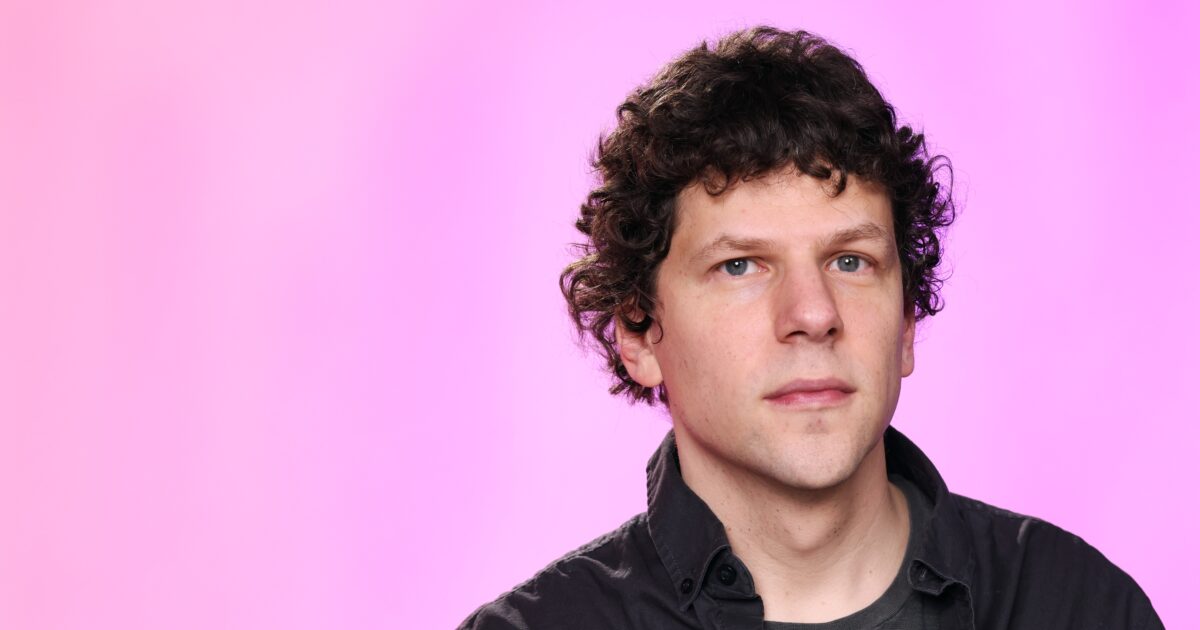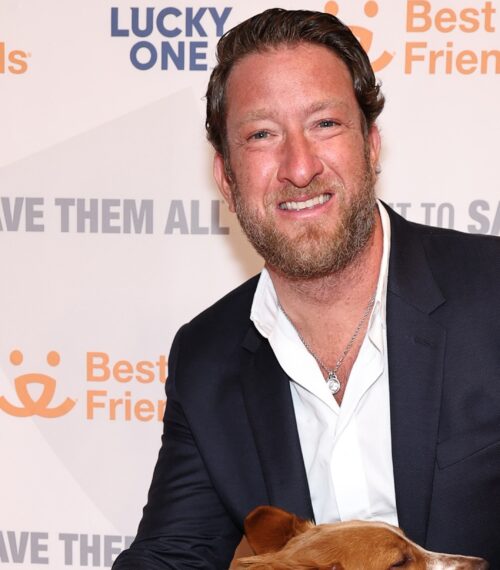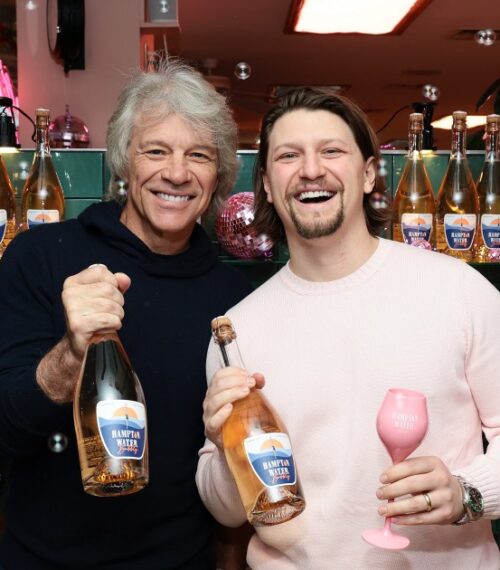Jesse Eisenberg is turning a personal conviction into life-changing action. The Oscar-nominated star revealed he’s scheduled to donate a kidney to a stranger in mid-December, sharing details about the process and his motivation during an October 30 appearance on NBC’s Today.
Known for The Social Network and the Now You See Me films, the 42-year-old actor said his long-standing habit of donating blood inspired him to take a bigger step. “I just have so much blood in me, and I feel like I should spill it,” Eisenberg joked on-air, adding, “I really like doing it, and I don’t know why.”
That generosity is about to expand dramatically. “I’m actually donating my kidney in six weeks. I really am,” he said, prompting host Craig Melvin to reply, “That’s amazing.”
Eisenberg Reveals Altruistic Kidney Donation On Today
Eisenberg explained he’s pursuing what’s known as an altruistic, or non-directed, living kidney donation — meaning he won’t know the recipient, who will be selected by medical teams based on compatibility. “It’s essentially risk-free and so needed,” he told Today. “I think people will realize that it’s a no-brainer, if you have the time and the inclination.”
The actor, who shares an 8-year-old son, Banner, also emphasized how the system can safeguard his loved ones. He enrolled his family in the National Kidney Foundation’s family voucher program, which can prioritize named individuals for a future living donation if the need ever arises. “The way it works now is you can put a list of whoever you would like to be the first to be at the top of the list. So it’s risk-free for my family, as well,” he said.
Eisenberg described the chain effect that altruistic donations can trigger. If a person in Kansas City needs a kidney but their intended donor isn’t a match, a non-directed donor like Eisenberg can step in — and the original would-be donor can then contribute to someone else who is compatible. That sets off a matching sequence that moves multiple patients closer to transplants that might otherwise take years to secure.
How The Donation Works — And Why It Matters
Altruistic kidney donations are rare but crucial in a country where demand far outpaces supply. Approximately 5,000 living kidney donations occur each year in the U.S., yet around 90,000 people remain on the kidney transplant waitlist as of September 2024. For many, the difference between a living donor and a deceased donor can be measured in years — and outcomes often improve when recipients receive a kidney from a living donor.
Eisenberg underscored the safety of modern procedures and recovery protocols. According to the Mayo Clinic, most living kidney donors are able to resume typical daily activities within two to four weeks after surgery, depending on individual health and the type of operation. While any medical procedure carries risk, centers that oversee living donations have extensive screening and support to ensure donors are healthy enough to proceed and have follow-up care.
The actor’s framing — calling donation “essentially risk-free” — reflects the robust safeguards around living donation programs. From comprehensive pre-surgical evaluations to long-term monitoring, the process is designed to protect donors while providing a lifesaving organ for recipients who often have limited time to wait.
A Decade In The Making
Eisenberg said the idea had been on his mind for years. “I was with a doctor friend recently and expressed my desire to donate, and she pointed me to NYU Langone Health in New York City as an option,” he recalled. “I was in the hospital the next day and went through a battery of tests, and I’m now scheduled in mid-December.”
The swift timeline reflects how quickly a motivated donor can move through evaluation when they’re a good candidate. After clearance, transplant teams coordinate surgery dates to initiate or join a donation chain, ensuring the kidney reaches the most compatible recipient at the right time.
Eisenberg’s decision also spotlights how celebrity platforms can draw attention to critical public health needs. By talking through the voucher program and paired-donation chains, he demystified a process that can sound daunting from the outside — and emphasized that supporting his family’s future health and helping a stranger can go hand-in-hand.
“It’s so needed,” he reiterated, noting that altruistic donors can unlock transplant opportunities for multiple patients through cascading matches. While the actor didn’t share further details about his surgery date or the hospital’s scheduling, he made clear the choice came after careful consideration and medical guidance.
For viewers who may be curious about next steps, transplant centers and national organizations provide avenues to learn more, register interest, and undergo confidential screenings without obligation. Eisenberg’s example underscores that even one non-directed donation can have an outsized impact, potentially setting off a chain that helps several families at once.
As for Eisenberg, he kept his trademark wry humor intact even while discussing a weighty topic. From joking about his enthusiasm for blood donation to patiently explaining how voucher programs protect loved ones, the actor’s transparency made a complex medical system feel both humane and practical. And if his Today appearance is any indication, that mix of candor and compassion might inspire others to look into living donation — or at least start the conversation with their doctors.















































































































